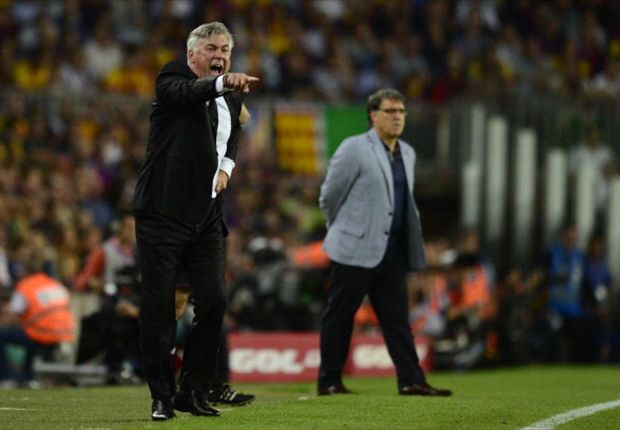
Both teams have had their problems in the build-up to
the final, so who will be most affected? Goal sought some expert
opinion ahead of their Mestalla meeting...
The big day has finally arrived. Real Madrid meet Barcelona in the final of the Copa del Rey on Wednesday night at Mestalla, yet neither side can boast of perfect preparations ahead of the latest Clasico clash.
Madrid came out on top the last time the two teams faced each other in a final of the cup competition (in 2011, also at Valencia's stadium), but will be without their match-winner that night and finest footballer, Cristiano Ronaldo, in this game. Meanwhile, Carlo Ancelotti's side have already lost twice to Barca in the current campaign and have been generally disappointing against other top teams this term.
But Barca have problems of their own. Blighted by off-field issues in 2013-14, the Catalans come into this final following the worst week of their entire season after they were knocked out of the Champions League by Atletico Madrid and then all but conceded La Liga with a shock 1-0 loss at Granada on Saturday. The European exit was described by coach Gerardo Martino as a "failure", while defender Martin Montoya said the players were "pretty screwed up mentally" after their defeat in Andalucia.
So will the 2011 clash have any effect on Wednesday's final? Can Madrid cope without Ronaldo? How will Barca put their problems behind them? And which of the two teams has the psychological edge?
To answer all of that and more, Daiylspotsnews got in touch with respected Spanish sports psychologist Patricia Ramirez and she, in turn, discussed the topics in a group exercise with her students on the Masters programme at the ISEP (Higher Institute of Psychological Studies) in Barcelona.
Here's what they had to say...
| Will losing the last two Clasico clashes affect Madrid? |
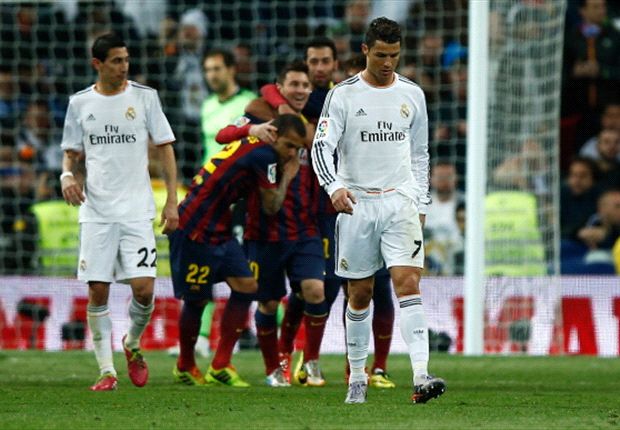
Even though Real Madrid's results against Barcelona this season haven't been favourable, it is the outcome of the last few games that will define the cup final. Real Madrid reached the semi-finals of the Champions League last week and then thrashed Almeria in La Liga (a comprehensive victory which sees them move up to second place and back in the race for the title, even though they still don't depend on themselves). Barcelona, meanwhile, have suffered two painful defeats that have left them out of the Champions League and seen them drop to third in La Liga. These recent events could make the difference between the two teams: one arrives with their morale restored, the other with their spirits drained.
If we look at the last results in their direct meetings, it's true that Madrid have lost the last two Clasicos. However, if we focus on performance, their last match was a clash between two great teams which was decided by small details and in which either side could have claimed victory. Therefore, this final shouldn't depend too much upon those games, but is likely to be decided by other factors.
Ancelotti must take advantage of the current situation and transmit that positivity to his players, making them aware that they're alive in all three competitons, while their rival has just suffered a big blow. In terms of variable factors, that's one of the main weapons Ancelotti can use for the benefit of his team.
| Which of the two teams are under most pressure? |
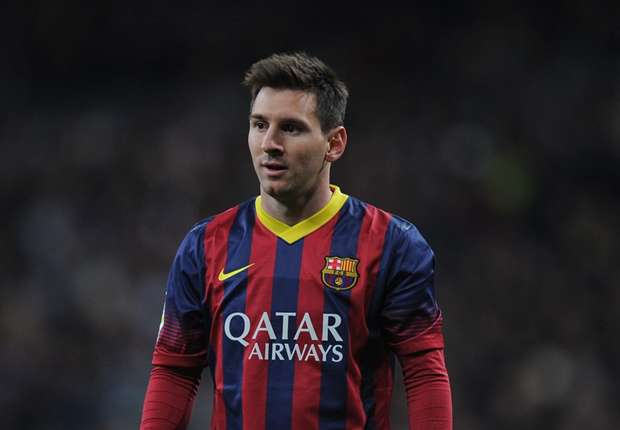
Taking the above into account, the team under most pressure to win at the moment is Barcelona. The Champions League (in which they performed well below what was expected) is now gone and after their last Liga game, the outcome of the title is no longer in their hands. For both Tata and the players, Wednesday's game is a chance to cheer up the fans and repair the season somewhat.
For Madrid, meanwhile, the cup final has taken something of a back seat. After advancing to the semi-finals of the Champions League and the uncertainty surrounding Cristiano Ronaldo (a key player for this team), the season's objectives have reorganised themselves, and now the priority is La Decima.
That will all change if, at the end of the season, Madrid haven't won La Decima or La Liga. In that case, the cup would be a good way to save the season. All of that remains to be seen, but Madrid are a team where winning titles is a must and even more so when you consider they have only won one Liga, one Copa and a Spanish Supercopa in the last three-and-a-half terms.
| HHow can Madrid cope without Cristiano Ronaldo? |
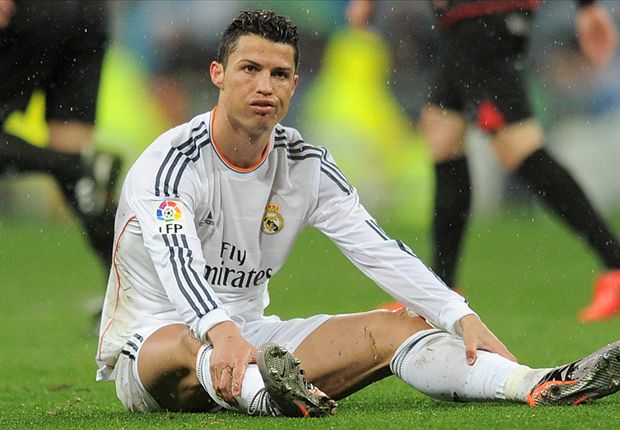
Cristiano Ronaldo is a key player for Real Madrid and playing Wednesday's final without him could generate doubts in the other players. All of that depends on whether there is a perception of dependency or not, and whether the coach has worked on making the group stick together and made the players feel like a team as a whole; that each one of them brings something special and unique on the field of play. If that has been achieved, Ronaldo's absence shouldn't be too much of a problem because the player coming in should be willing to give everything for his team and win the game.
As far as Barcelona are concerned, it could represent a boost. That weak point in the rival can be worked on and turned into a strong point for your own team. The more variables and factors studied before the match, the more confidence the players will have when they go out onto the pitch. Self-confidence and security in these games comes from knowing your own strengths and the rivals' weaknesses.
| How can Martino lift Barca after recent "failure"? |

Essentially by changing the concept of what is "failure". He has to instill in his players the belief that failure is part of learning, that it's something on the path between what they have and what they want. They played the game against Atletico Madrid and lost, they failed in their objective of passing to the semi-finals and therefore must work on their other aims still left this season. Every game now represents "a final" and if they don't win all of their remaining matches, they will never know what might have been. The coach and his staff first and foremost cannot let that happen.
The reading of this situation is simple. The coach and the players, first separately and then as a group, must answer the following question: What could I/we have done differently to achieve our goal? That way, they'll be analysing their performance and focusing on the solutions (not on the mistakes) and those will help the team to evolve. That's how they can overcome those defeats.
Ahead of the final, it's possible that morale has been affected by the events of this last week, but the significance of this match is such that it's an opportunity for them to redeem themselves and a reason in itself for the team to be in conditions to perform at their maximum level.
| Are fees & off-field problems affecting Neymar and Bale? |
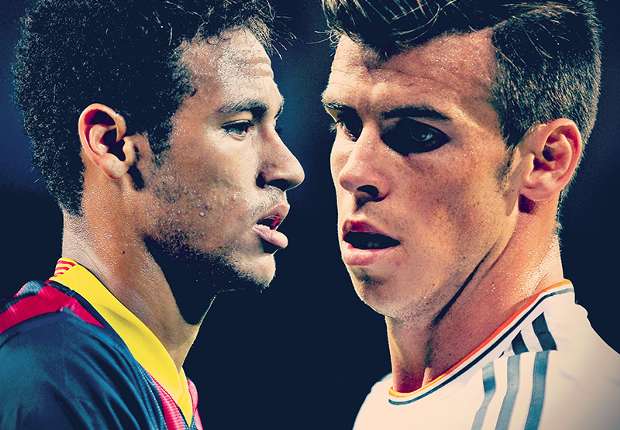
It's true that the fees paid by Madrid and Barca for Bale and Neymar, respectively, could be affecting them - as well as the other problems surrounding the Brazilian's transfer, for example. However, players' prices depend on the market and not on the footballers themselves.
So it's down to the players to deal with that or, often, the figure of a psychologist or specialist coach to centre their attention on the game itself. It has been proven that the mind can only respond to one stimulus at a time and, in that respect, the player must train his mind just like he trains his body, in order to concentrate on useful thoughts that, in the moment they are competing, guide their actions towards success.
That means focusing wholly on aspects relating to the match such as plays, moves, tactics, etc, and eliminating any external distraction which could interfere with the execution of those thoughts.
| Will Madrid's win in the 2011 final have any bearing? |
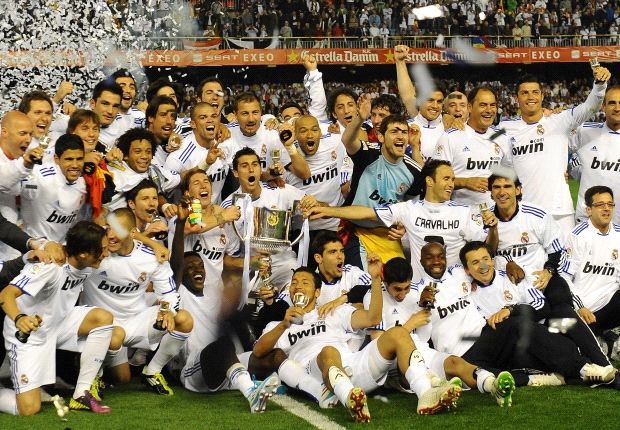
The final is 50-50. Barca need to win in order to restore some morale, save their season and go into the final matches with renewed enthusiasm, while Madrid need the title to add extra energy for what lies ahead: the home straight in La Liga and the Champions League semi-finals.
The 2011 final shouldn't be too relevant because situations have changed, the two teams arrive in different conditions and the context isn't the same. Every game is played in a determined moment and the teams arrive in a certain shape. Both are eager to win on Wednesday and there is no clear favourite, so there is unlikely to be any real psychological advantage.
Having played at the same stadium and against the same rival could have generated a negative emotional anchoring which influences the present moment. Memories and past experiences are always present as we assess our reality but players, with the help of a good motivator or someone who can redirect those feelings and convert them into positive vibrations, have the freedom to decide their thoughts. They can choose between being anchored to the defeat three years ago or focusing on the here and now, studying the rival in the present moment and using all their skills (that are different to back then) and today's circumstances to reach their objective.
As Ancelotti stressed himself: "I don't think the 2011 final gives us a psychological advantage."


No comments:
Post a Comment